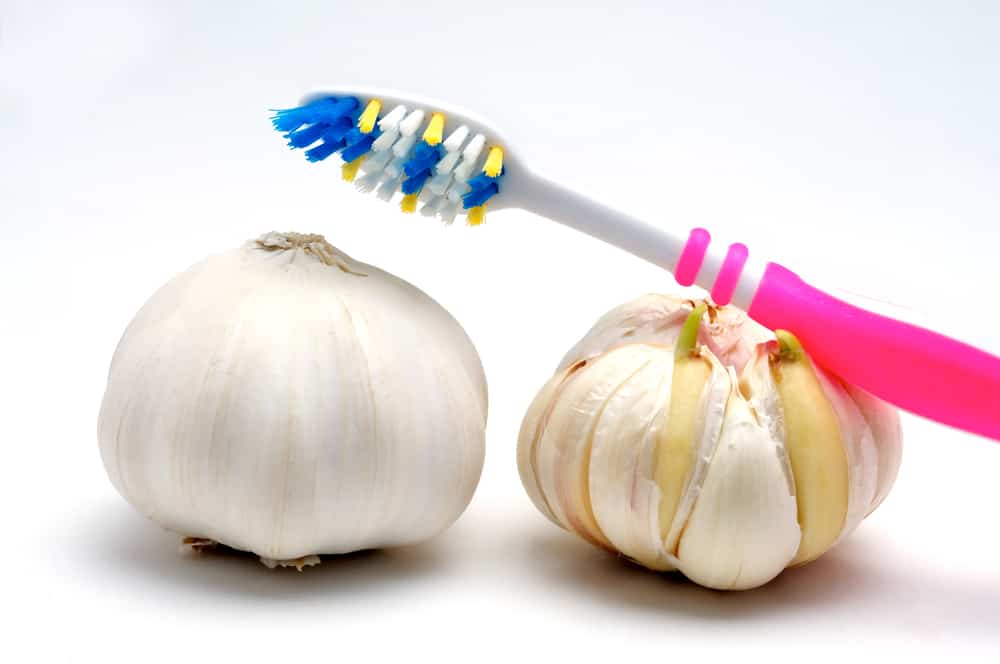Contents:
Medical Video: What Your Farts Say About Your Health
Everyone throws away the wind, every day, but, not all farts are created equal. Some fart people don't make sounds, but they smell like mercy. Others sound loud, don't smell.
Flushing is one of the body's functions that can be considered embarrassing, but farting - including fart that smells like rotten eggs - is a sign that your digestive system is working properly.
Dispose of the wind can also provide you with insight into health problems that you might have. So, next time you fart, it might be a good idea to investigate the smell because wasting the wind can open up many body secrets more than what you eat at lunch today.
Why do humans fart?
When we eat, drink, swallow saliva, breathe in a hurry, even talk, we also swallow air. Swallowed air will gather in the intestine. The air in the body's digestive system consists mainly of nitrogen and oxygen.
When we digest food, the body releases gas produced by bacteria in the intestine. This colony of bacteria produces gas when they break down sugars and starches which cannot be easily digested by the body (including nuts and seeds, mostly vegetables, and wheat). Sometimes, bacteria also interact with fermented foods, producing acid and gas.
In the large intestine, bacteria produce methane (in some people only as residue) and hydrogen. That is why fart is a combustible gas and can cause burning in your anus, rectum, and buttocks if it is ignited. In addition, fart gas also contains carbon dioxide carried by the blood.
The body needs to get rid of the gas in the intestine. Disposal of gas is usually carried out through belching or removing the wind due to flatulence (farting). Every day there are around 7-10 liters of gas that enters the intestine, but only 1.9 liters are released through farting, in installments 15-20 times a day.
Dispose of wind generally occurs unnoticed by the owner of the body - there is no odor and does not ring. If fart smells, it means that there is usually a small amount of sulfur gas involved. If food is not properly digested, these food debris will decompose and decay in the body, releasing sulfur.
This irresistible fart odor is induced by short fatty acids, such as butyric acid (smelling rancid butter), nitrogen components (skatole, indole), and sulfur, such as hydrogen sulfide and carbonyl sulfide. These fatty chemical compounds are the result of the activity of eating bacteria, others as a result of the decomposition of food that we feed on by bacteria.
Various types of fart to detect health conditions of the body
Exhaust gases can reveal many secrets to body conditions, which you may never have realized before - and there are a number of warning signs that must be considered.
Normal fart smell
Fart smell that is still within reasonable limits (whatever it is) is the processed gas of some foods that stimulate the formation of gas in the body, such as broccoli, cauliflower, red meat, milk and milk products, onions, and whole wheat wheat and bread. But, how does your fart smell after lunch with the food menu above, this is still relatively healthy and normal.
The aroma of gas when you flush the wind can also be affected by hormones. When you will welcome menopause or in other conditions that disrupt your hormones (menstruation or pregnancy, for example), the effect may also be brought to the problem of farting. Many women in the age of menopause report that their digestive system no longer works as well as at a young age. However, it is still uncertain whether estrogen or progesterone is responsible for this.
One scent you have to worry about is the fart smell that smells like a combination of meat and eggs (heavy, slightly fishy and fatty), as a result of high levels of hydrogen sulfide which is an indicator of intestinal damage, gastrointestinal tract infections, or even colon cancer.
Fart is very smelly
The smell of a very smelly fart - to pinch the nose, accusing each other accused of looking for the culprit, and polluting one room - often a result of high fiber diet, or eating foods containing high hydrogen sulfide, such as broccoli, cauliflower, and nuts.
However, rancid gas often begs forgiveness and often can also indicate that you are constipated. Stool consists of many bacteria. When feces accumulate in the stomach and do not move, these bacteria will accumulate and interact, ferment feces and release gas that is more smelly than usual.
The smell of a very smelly gas can also be a sign that you have lactose intolerance. Even if consuming dairy products does not make you fall ill, releasing gas non-stop after you drink a glass of milk, for example, means that your body is having trouble solving lactose. Other reasons for foul smelling which are rare can be a chronic problem, such as irritable bowel syndrome, infection with gastroenteritis, malabsorption or autoimmune disorders such as Celiac disease. There can be a real malabsorption problem that occurs related to Celiac disease or other autoimmune disorders when the body does not react well to gluten and instead begins to break down the lining of the small intestine wall.
Farts don't ring
The sound produced by your fart has nothing to do with what you ate before. Simply put, this sound - does not ring, slow, tight, long, until the short and repetitive - is caused by gas coming out through the rectum causing vibration in the anal opening.
High-low, short-farting tone will depend on the tightness of the sphincter (the ring of the striated muscle that surrounds the anal canal) and the speed of gas released. Some people can voluntarily hold the gas by tightening their rectum, but at night you will tend to release the gas with a loud sound because your sphincter muscle is relaxed.
Frequent farting
If you realize that you often dispose of gas, more than 22 times a day, you may be involved in behaviors or eating patterns that produce high levels of gas. You can drink lots of coffee (which stretches the sphincter, lets fart slip out more often), eat lots of carbohydrates and other foods that your intestines find difficult to, a vegetarian diet, or even just eat food in a hurry (which can cause you to swallow more air). However, this does not mean that this behavior endangers health, and of course all this can be changed.
Some people may have deficiencies in several enzymes in the small intestine (for example due to lactose intolerance) that cause diarrhea and flatulence. This is caused by sugar that stays in the small intestine and causes more gas production.
Although excessive flatulence can reveal a lack of compounds in the gastrointestinal tract, it can also show the components of the excessive digestive tract. In rare cases, often farting conditions can indicate small intestinal bacterial overgrowth / SIBO. This means that your small intestine is now home to too many bacteria, which can make your stomach bloated and release gas more often.
Dispose of excessive gas accompanied by foul odors including infrequent, and often followed by changes in feces and digestive habits. But this can also be caused by certain eating patterns, stress, and a mixture of drugs. In addition, individuals who have just undergone surgery on the digestive tract or have just recovered from digestive disorders such as norovirus may also experience bacterial imbalances.
But in general, frequent farting is nothing to worry about. Dispose of wind is a natural part of everyday life.
READ ALSO:
- False Hunger: Distinguishing Original Hungry and Fake Hungry
- 3 Signs You May Have Bacterial Vaginosis
- Differentiating Stomach Pain Due to Gas, Appendicitis, or Kidney Stone












